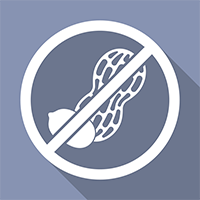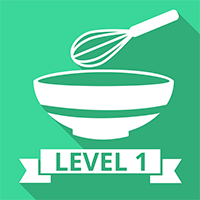Click on the play button to view our introduction to the Introduction to HACCP Level 2 online training course.
Introduction to HACCP Level 2
Elearning - Online Course
Train Your Team Anytime, Anywhere
£34.99
This course will introduce HACCP (Hazard Analysis and Critical Control Point) – an internationally recognised food safety management system that is used to identify, evaluate and control hazards which are significant for food safety.
Who is the Introduction to HACCP Level 2 Training Course For ?
Anyone involved in the preparation, or the management of preparation, of food.
Duration
80 minutes. (Note: This is based on the amount of video content shown and is rounded off. It does not account in any way for loading time or thinking time on the questions).
Approvals
CPD and RoSPA approved*
* Our IIRSM & CPD approved courses are owned by VideoTile Learning Ltd and distributed under licence.
HACCP stands for Hazard Analysis and Critical Control Point. It is an internationally recognised food safety management system that is used to identify, evaluate and control hazards which are significant for food safety.
Rather than being a reactive system, HACCP is pro-active. The focus is on prevention of hazards rather than relying mainly on end-product testing.
This course will start by covering some of the key terms you will need to understand before moving on to identifying critical control points and analysing some of the key hazards. It’ll show you how to determine control points and how to avoid cross-contamination in the food chain. It will also cover some of the control measures that can be taken along with how to address a problem is a critical limit is breached.
Towards the end of the course all this will be brought together by taking you step by step through the implementation of HACCP and see how the 7 principles of HACCP are integrated into the whole process.
Introduction to HACCP Level 2 Training Course Modules
| Course | Module | Module Name | Pass % Required |
| Introduction to HACCP Level 2 | 1 | Key Definitions | 70% |
| " | 2 | Microbiological Hazards and Controls | 70% |
| " | 3 | Chemical Hazards and Controls | 70% |
| " | 4 | Allergens and Avoiding Cross-Contamination | 70% |
| " | 5 | Physical Hazards and Controls | 70% |
| " | 6 | Prerequisite Programmes | 70% |
| " | 7 | Implementation of HACCP | 70% |
| " | 8 | The 7 Principles of Hazard Control in Practice | 70% |






